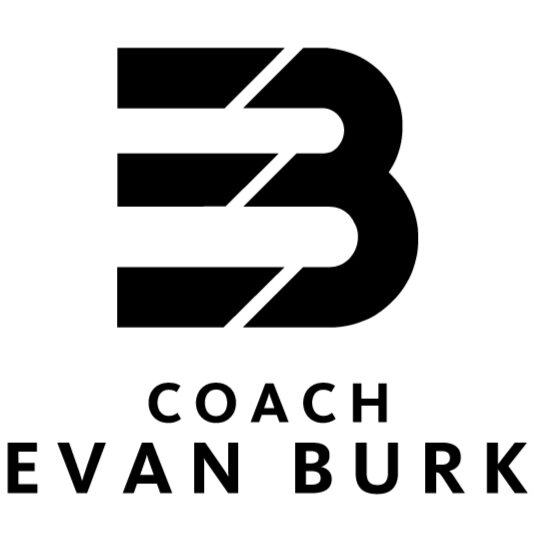Book Review of "Mindset: The New Psychology of Success" by Carol Dweck
Mindset: The New Psychology of Success by Carol Dweck is a book I wish I had read early in my coaching career. There are so many crucial things in this book that changed my outlook on coaching and getting players to their highest level. This book was a central source in my Masters Thesis on understanding the unseen traits of people in talent acquisition, and is a must-read for any coach, parent, or leader to help better understand people in one’s personal or professional life.
Understanding Fixed Mindset vs. Growth Mindset
The book focuses on the difference of two mindsets we find in people: Fixed mindset, and growth mindset. Dweck explains in the book about how to distinguish between the two mindsets:
"In a fixed mindset people believe their basic qualities, like their intelligence or talent, are simply fixed traits. They spend their time documenting their intelligence or talent instead of developing them. They also believe that talent alone creates success — without effort."“In a growth mindset, people believe that their most basic abilities can be developed through dedication and hard work — brains and talent are just the starting point. This view creates a love of learning and a resilience that is essential for great accomplishment.”
Cultivating Growth Mindset with Players and Teams
Growth mindset is really what coaches should be cultivating within their teams. This removes much of the emphasis on talent, and instead focuses on the journey and hard work it takes to be successful. The reason this is so important is because this is what it takes to be successful in life. Being able to run fast or throw a discuss farther than anyone will only help them for so long. But when coaches and parents can emphasize the hard work involved in being great in athletics, then those young athletes are learning the most important lessons of all that sports can teach us.
Failure as Opportunity
When failure can be viewed as an intricate part of the learning and growing process, as opposed to a verdict on one's talents and skills, it makes the entire experience more beneficial for the athlete and more enjoyable for the coach or parent.
"Failure can be a painful experience. But it doesn't define you. It's a problem to be faced, dealt with, and learned from."
Growth Mindset Helps Unleash True Potential
The greatest point of this book is that a persons true potential is unknown. Eliminating fixed mindset takes away the idea that a ceiling exists because of your ability and talents. With a growth mindset, it is easy to believe, and know, that anything is possible. Helping a young athlete or child convert their life's setbacks into future successes is the true power of coaching the growth mindset, and a lesson I wish I had learned years ago.

